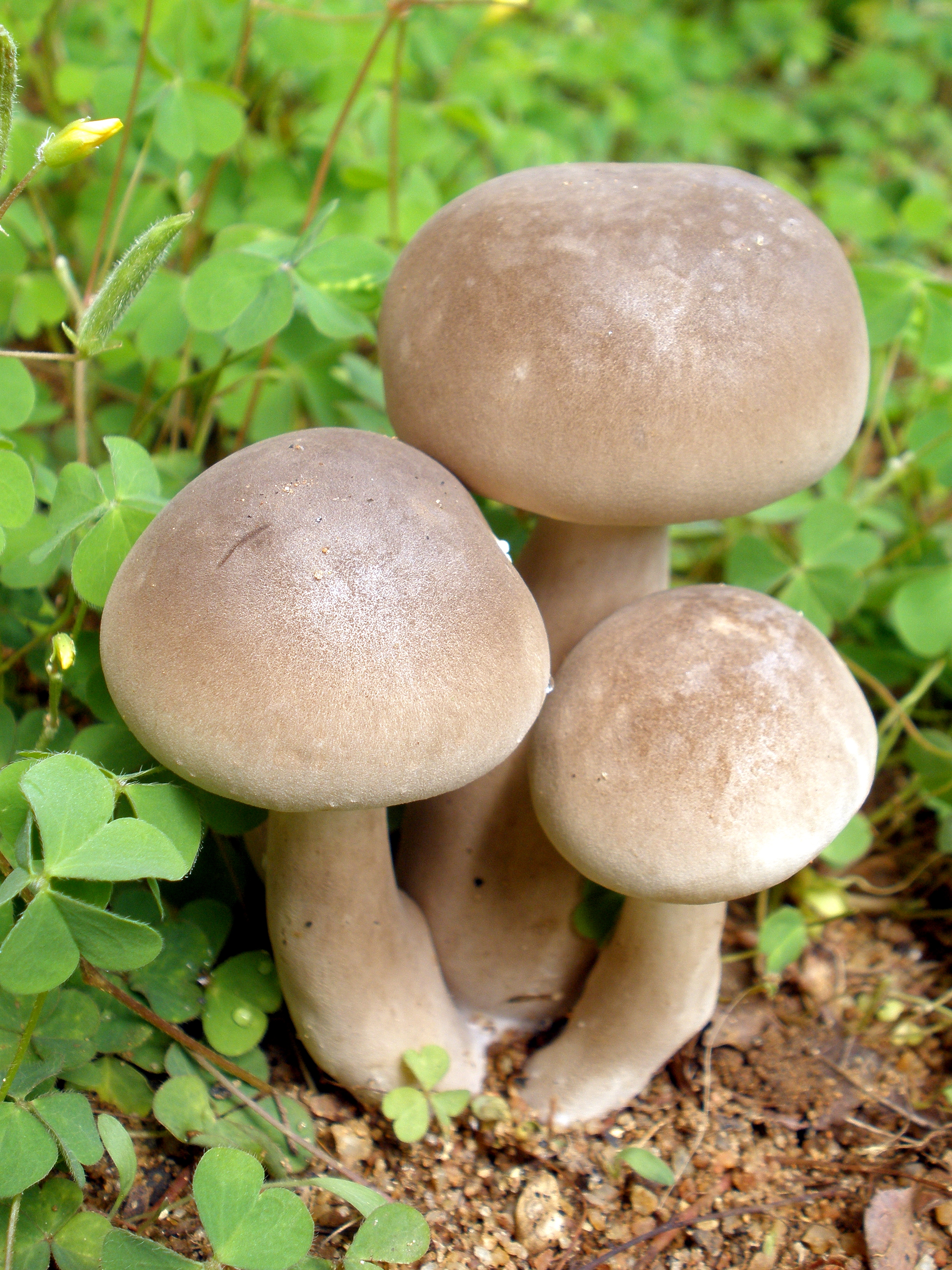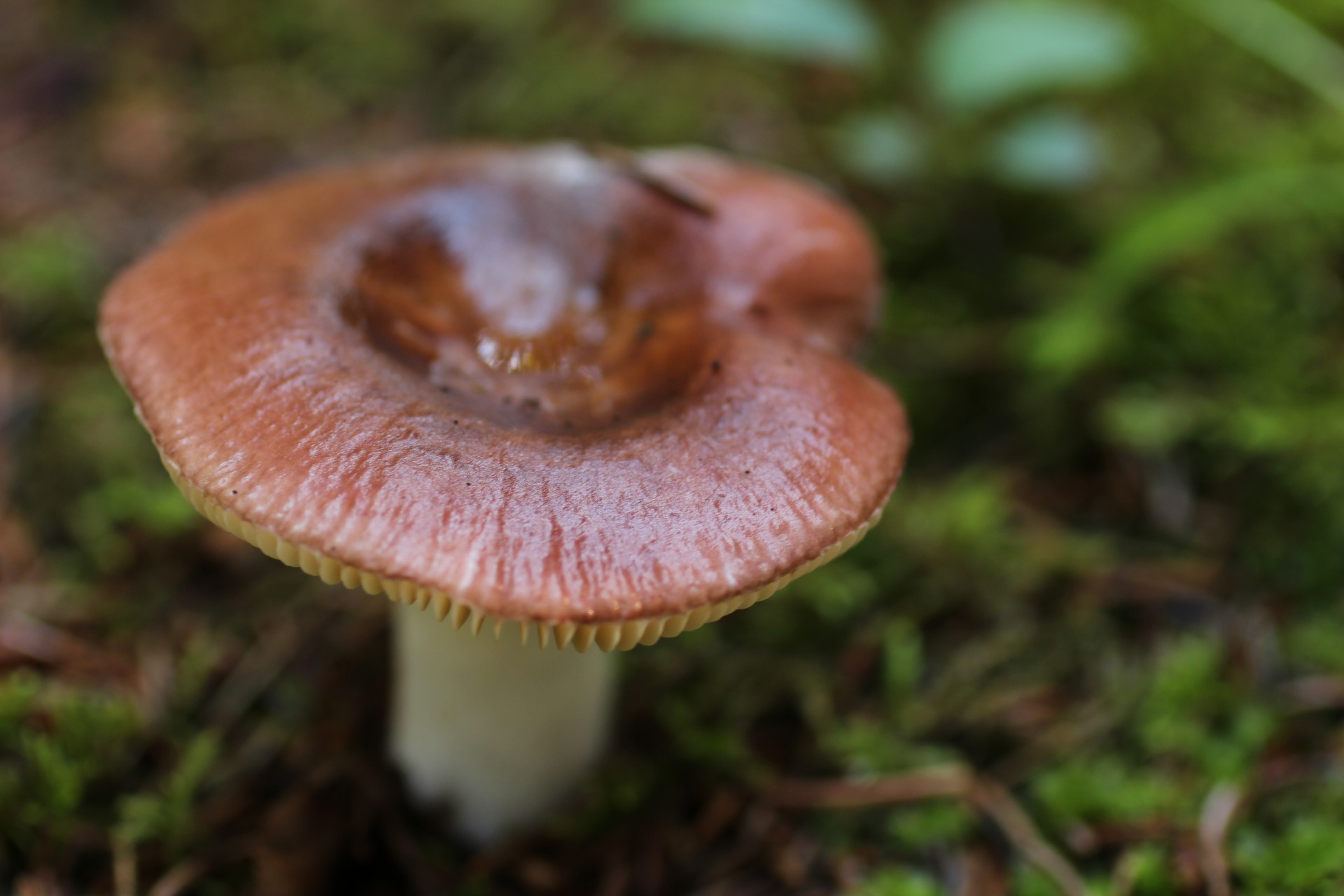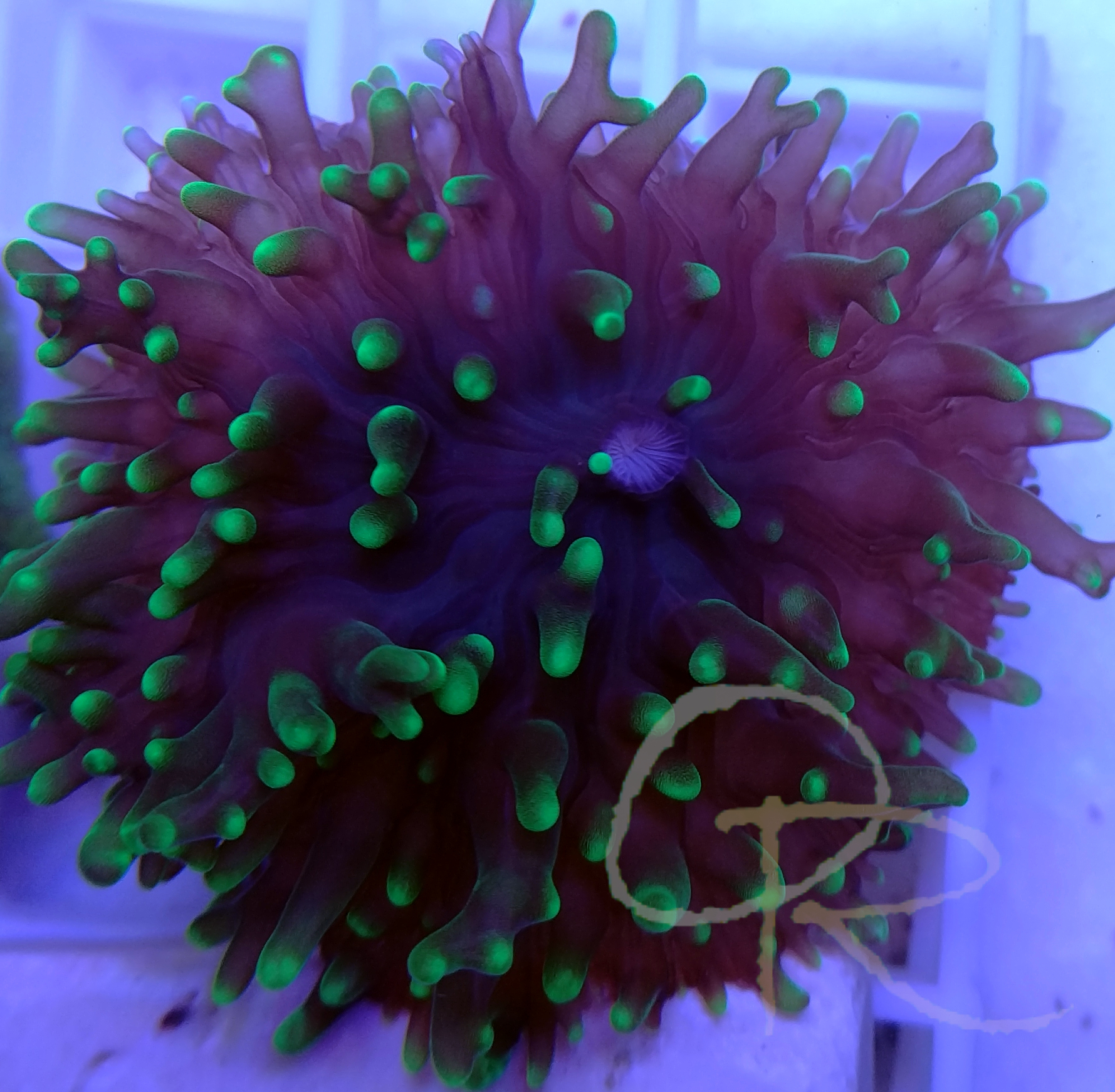
FileMushroom unidentified.jpg Wikipedia
Bjerkandera adusta: The Ultimate Mushroom Guide. Auriscalpium vulgare: The Ultimate Mushroom Guide. Auricularia polytricha: The Ultimate Mushroom Guide. Armillaria gallica: The Ultimate Mushroom Guide. Identify 90 different hairy and fuzzy mushrooms with our comprehensive guide, complete with high-quality pictures for easy recognition.

Wild Brown Mushroom Free Stock Photo Public Domain Pictures
Hairy Panus - (Panus lacomtei). Very similar to the native white oyster, this strain differs. Read More » Meet the Mushrooms. Phoenix Oyster - (Pleurotus pulmonarius) Phoenix Oyster - (Pleurotus pulmonarius) mushrooms are the true summer oyster, that prefer warmer temperatures and can be distinguished from white-spored P.ostreatus.

FileMagic Mushroom.jpg Wikimedia Commons
Coprinus comatus, commonly known as the shaggy ink cap, lawyer's wig, or shaggy mane, is a common fungus often seen growing on lawns, along gravel roads and waste areas. The young fruit bodies first appear as white cylinders emerging from the ground, then the bell-shaped caps open out. The caps are white, and covered with scales—this is the origin of the common names of the fungus.

Small Brown Wild Mushroom Free Stock Photo Public Domain Pictures
It is tough, densely hairy, and colored like the cap. The gills are close together, narrow, and run down the stalk (decurrent). They are purple at first, soon turning white, and eventually fading to tan. The spore print is white. Hairy Oyster Mushroom is edible but the flesh is tough, thin, hairy, and sometimes bitter. Similar Species

Photo 2 Hairy Mushrooms! Royal Gramma, Ocellaris Clown,...
Entoloma sepium: The Ultimate Mushroom Guide. Agaricus devoniensis: The Ultimate Mushroom Guide. Agaricus osecanus: The Ultimate Mushroom Guide. Unlock the culinary potential of wild mushrooms with our guide to identifying 78 different types of edible white mushrooms. Learn about their characteristics, habitat, and seasonality.

Hairy Mushroom
Mushroom corals are one of the most recognizable of the Hawaiian stony corals. Unlike most hard corals that consist of tiny polyps, mushrooms like the hairy mushroom are a single giant polyp; the hairy mushroom is a coral without a skeleton, but its internal structures are the same as any other stony coral you may have.

FileShiitake mushroom.jpg Wikipedia
Pleurotus ostreatus is a mushroom species that is common both in the wild but also in cultivation, being grown commercially around the world. This mushroom has a broad, smooth cap in the shape of a fan or oyster, hence its common name, the "oyster mushroom.". Its color can be white, gray, tan, or dark brown.
FileMushroomIMG 3300.JPG Wikipedia
1. Excess humidity can cause mushrooms to grow in potted plants. Yellow flowerpot mushrooms thrive in humid conditions when there is excessive soil moisture. They are common in potted plants in areas that have humid summers. Therefore, in July and August, you may find small, round, yellowish growths in potting soil.

Hairy Mushroom by Benjamin Lange / 500px Stuffed mushrooms, Hairy
Agaricus bisporus: The Ultimate Mushroom Guide. Agaricus bernardii: The Ultimate Mushroom Guide. Agaricus arvensis: The Ultimate Mushroom Guide. Agaricus albolutescens: The Ultimate Mushroom Guide. Agaricus abruptibulbus: The Ultimate Mushroom Guide. List of white mushrooms with descriptions, photos and other interesting information.

Green Hairy Mushroom Sin City Corals
Mycena rubroglobulosa, Wellington, New Zealand. The blue pixies' parasol (Mycena interrupta) growing on a log in East Gippsland (). Mycena seynesii. Mycena is a large genus of small saprotrophic mushrooms that are rarely more than a few centimeters in width. The name Mycena comes from the Ancient Greek μύκης mykes, meaning "fungus". Species in the genus Mycena (and in Hemimycena) are.

White hairy mold or mycellium? Mushroom Cultivation Shroomery
Mold growing on top of your mushroom. If the white fuzz on mushrooms is growing from the mushroom stems it is called mycelium. It is a mass of thread-like filaments that make up the body of a mushroom. The mycelium helps the mushroom absorb nutrients from the soil and also helps protect it from predators. Mushrooms are the "fruits" of huge.

hairy whitetop (Lepidium appelianum)
The genus name Trametes comes from the prefix tram- meaning thin. The specific epithet hirsuta is a reference to the Latin adjective hirsutus, meaning coarsely hairy, which is a regard to the hairy upper surfaces of the mushroom. Trametes hirsuta Synonyms. Boletus hirsutus Wulfen, 1791. Boletus fibula Sowerby, 1803. Boletus hirsutus Wulfen, 1788

FileGiant mushroom underside.jpg Wikipedia
This is a large-capped mushroom that truly stands out wherever it grows. Caps average 2.5-8 inches across and are covered in shaggy tattered white fibers with thick brown scales on top of them. The white hairy fibers cover the entire cap, like animal fur - it's fluffy!

Morel Mushroom In Leaves 2 Free Stock Photo Public Domain Pictures
First, its gills become long and teeth-like until they become quite a large "hairy" lump.. The entire mushroom needs to be white. The mushroom's spores turn toxic when the flesh changes from white to yellow and brown. That is why the smaller mushrooms are more frequently used for culinary purposes. 21. Crab Brittlegill.

Hairy Green Mushroom Coral Orchard Reef Coral Farm
The Hairy Panus is a shelf like mushrooms growing from stumps and fallen logs, often in very sunny areas. They have light colored gills and a white spore print. They have a very hairy cap. surface, hence the common name Hairy Panus The caps of the young ones will be darker and may be more of a burgundy shade.

White hairy mushroom stock image. Image of blossom, floral 167836819
Beefsteak or ox tongue mushrooms grow 2.75" to 7.87" (7 cm) wide and up to 2.4" (6 cm) thick. The cap's surface is smooth, shiny, and sticky when young. These tree mushrooms have a parasitic relationship with the tree, causing the wood to decay. This mushroom is most commonly seen from late summer to fall.